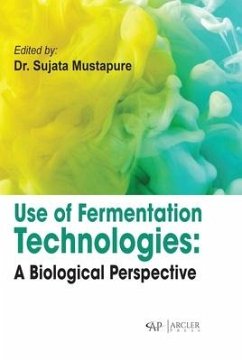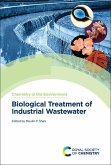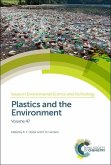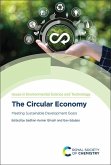Fermentation technology has been employed since ancient times for food preservation and the production of diverse items like bread, beer, yogurt, cheese, and wine. Not only does it preserve food, but it also enhances its taste and nutritional value. Fermented products offer calories, vitamins, fiber, antioxidants, and the breakdown of antinutritive compounds. Enzymes derived from fermentation have applications in various industries including pharmaceuticals, food, detergents, paper, and cosmetics. The use of fermentation is expanding rapidly and plays a crucial role in biotechnology. Industries such as pharmaceuticals, chemicals, food, and alcoholic beverages extensively utilize fermentation technology on a large scale. Productivity in fermentation processes is influenced by factors such as strain selection, growth conditions, and media composition. Fermentation involves the use of microorganisms like yeast, bacteria, and fungi to produce enzymes, metabolites, biomass, recombinant technologies, and biotransformation products at an industrial level. By-products of fermentation include organic acids, alcohol, and released metabolites. In the competitive modern fermentation sector, new technologies are being explored to improve fermentation processes and produce high-quality food products. This book provides a comprehensive overview of different microbial species, such as yeast and fungi, their impact on raw materials, and the resulting by-products. It also discusses the environmental conditions that influence fermentation processes and the production of different products. This resource is valuable for students, researchers, and professionals in academia and industry who seek knowledge and a fundamental understanding of fermentation technology.
Bitte wählen Sie Ihr Anliegen aus.
Rechnungen
Retourenschein anfordern
Bestellstatus
Storno








